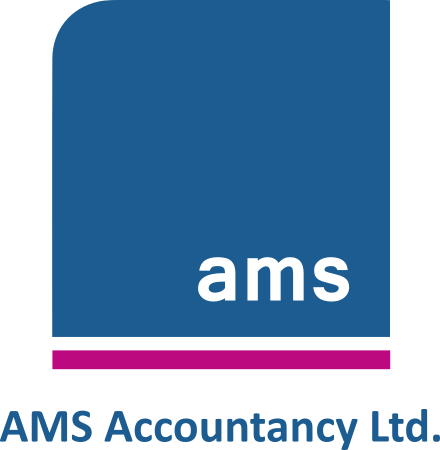Over the last year or two, and partly to remove some taxpayers from the Tax Return system (because they cost more for HMRC to administer than they pay in tax), certain types of income are not taxable up to a certain level. So I thought it would be a good time to list these types of tax-free income.
- Personal Allowance
Firstly, as ever, we all have an annual Personal Allowance – which means the first £12,500 of taxable income (in 2020/21) is not taxable (although National Insurance may apply on earned income above £9,500/year).
- Rent-a-room relief
This has been around a long time but is worth mentioning. If you have a lodger, or lodgers, in your house, the first £7,500 of rent they pay you is tax free. (This limit is halved if you share the income with a spouse/partner.)
- Annual dividend allowance
The first £2,000 of dividends received in the 2020/21 tax year is tax-free. Any dividends above the dividend allowance are taxable if not covered by the Personal Allowance.
- Personal Savings Allowance
Basic Rate Taxpayers (taxable income of up to £50,000 in 2020/21) are entitled to receive up to £1,000 of interest tax-free. Higher Rate Taxpayers (taxable income between £50,000 and £150,000) are entitled to receive up to £500 of interest tax-free. If you just sneak into the Higher Rate tax threshold, you are only entitled to the £500 Personal Savings Allowance – so it could potentially be worth making a few Gift Aid donations to drop back below the Higher Rate tax threshold and qualify for the £1,000 Allowance.
Since April 2016, when the Personal Savings Allowance was introduced, bank and building society interest has been paid gross – so, for most of us with very low amounts of interest, there will be no need to do a Tax Return if this is our only source of untaxed income.
- Trading allowance
From 2017/18, taxpayers have been given a Trading Allowance of £1,000. This means that if they receive sales income from trading (or miscellaneous income for providing assets or services) of less than £1,000, then it is not taxable and would not have to go on a Tax Return. Also, if the trading income is over £1,000, a taxpayer can elect to have a deduction of £1,000 set against the total income instead of claiming actual trading expenses. For very small businesses, this would be a useful tax break.
However, even if the trading income is less than £1,000, a taxpayer must keep records in case they need to prove the level of their income.
- Property allowance
From 2017/18, taxpayers have also been given a Property Allowance of £1,000. This means that if they receive property rental income of less than £1,000 (perhaps by using a company like Airbnb), then it is not taxable and would not have to go on a Tax Return. Also, if the property rental income is over £1,000, a taxpayer can elect to have a deduction of £1,000 set against the total rental income instead of claiming actual property rental expenses. Again, even if the rental income is less than £1,000, a taxpayer must keep records in case they need to prove the level of their income.
So, theoretically, for 2020/21, someone could have a salary of £12,500, a lodger paying £7,500, dividends of £2,000, interest of £1,000, trading income of £1,000, rental income of £1,000 – making a total of £25,000, and have no tax to pay.
